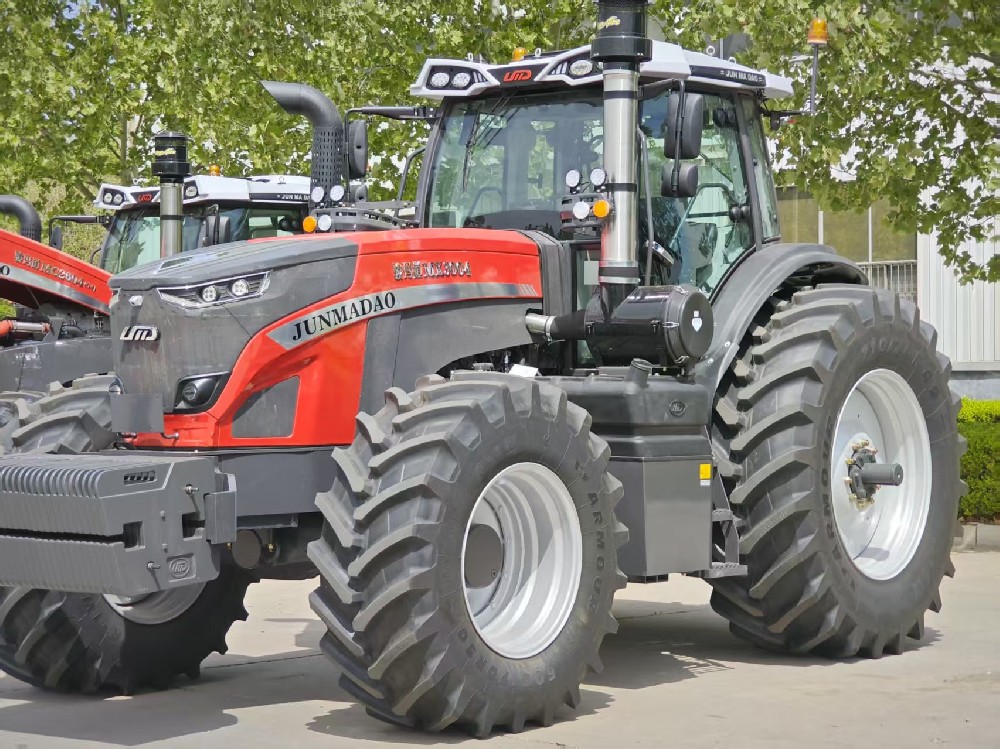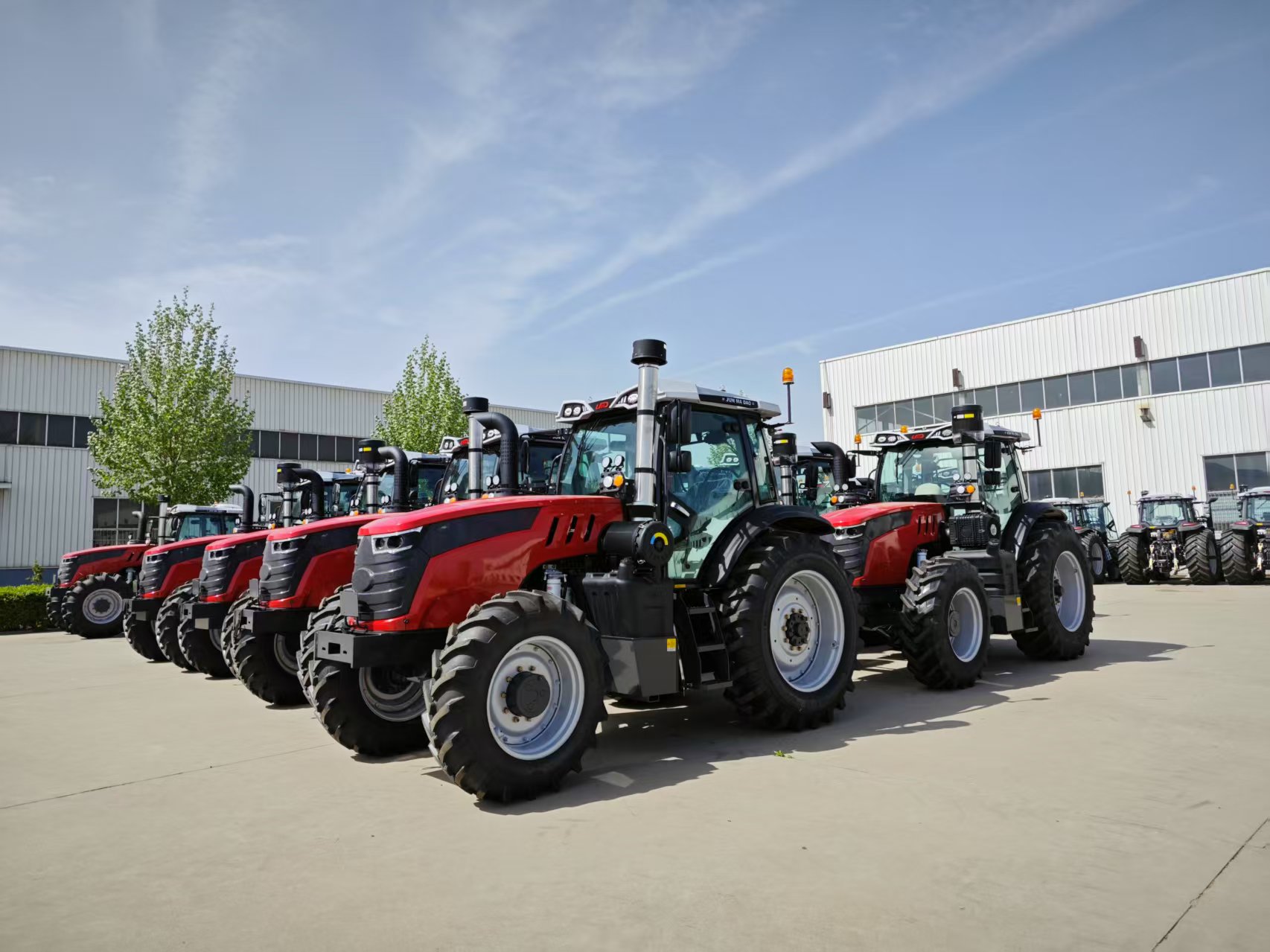How to Choose the Right Tractor for Livestock Farming? A Practical Buying Guide
In modern livestock farming, tractors have become an indispensable part of daily operations. Whether it's for general farm management or handling large-scale farming tasks, choosing the right tractor is essential for improving work efficiency, reducing costs, and ensuring safety. This article will guide you on how to select the right tractor for your livestock farm, providing a comprehensive overview to help in your decision-making process.
1. Determine the Farm's Specific Needs
Before selecting a tractor, it's important to first clarify the specific needs of your farm. The tasks involved in livestock farming typically include hauling feed, transporting livestock, maintaining farm roads, and harvesting pasture. Based on these tasks, you'll need to consider whether the tractor will primarily be used for heavy-duty hauling, pasture work, or road maintenance. Understanding the farm's specific job types will help you choose the most suitable tractor.
2. Tractor's Power System
Livestock farming tasks often require substantial power, especially when handling large amounts of feed or performing heavy-duty tasks. When selecting a tractor, the first thing to consider is its horsepower. Depending on the scale of the operation and the workload, tractors with 60-100 horsepower are typically suitable for medium to small-sized farms, while larger farms may require tractors with more horsepower.
The tractor's power system not only impacts its work efficiency but also affects fuel consumption and operational continuity. Therefore, choosing a tractor with sufficient power while being fuel-efficient will help reduce long-term operating costs.
3. Operability and Comfort
Tractors on livestock farms are usually in use for extended periods, making operability and comfort important factors. Modern tractors often come equipped with air conditioning, comfortable seating, and ergonomically designed cabins. These features are particularly essential in hot summers and cold winters, as they ensure the driver's comfort and health during long working hours.
Moreover, ease of maneuvering is another key factor. Since operators often need to make frequent turns and adjustments, choosing a tractor that offers flexible handling and ease of operation is essential for smooth and efficient work.

4. Durability and Maintenance
Livestock farming environments can be demanding, and tractors need to work under various terrain and weather conditions. Thus, durability and ease of maintenance are crucial considerations. Choosing a reputable brand of tractor ensures higher durability and reliability, and in case of any issues, prompt after-sales service and spare parts support are readily available.
Additionally, maintenance costs should also be factored in when selecting a tractor. A tractor with easy-to-replace parts and good after-sales service will help reduce unnecessary costs in the long run.
5. Adaptability and Versatility
Modern livestock farms often require a variety of tasks, and a versatile tractor can significantly improve work efficiency. For example, tractors can be fitted with different attachments such as mowers, loaders, and sprayers, allowing them to perform multiple tasks. Choosing a tractor with high adaptability allows for seamless switching between tasks depending on the season and operational conditions, maximizing resource utilization.

6. Cost and Value for Money
While high-performance tractors may offer superior capabilities, they typically come at a higher price. When making a decision, it’s important to work within the farm's budget. Consider the total cost of ownership, including the purchase price, fuel consumption, and maintenance costs.
Selecting a tractor that offers good value for money ensures that you get the necessary performance without unnecessary expenditure. This is particularly important for smaller farms or those with limited budgets, as effective budget allocation will ensure better long-term operations.
Conclusion
When choosing a tractor for your livestock farm, it’s crucial to identify the specific needs of the farm, and consider factors such as the tractor’s power system, operability, durability, versatility, and cost. In the final decision-making process, selecting a tractor that is reliable, easy to maintain, and offers good value for money will greatly improve efficiency and reduce long-term operating costs.
5. Get Your Personalized Solution Now
→ Call the selection hotline: (also supports accessory customization inquiries).









